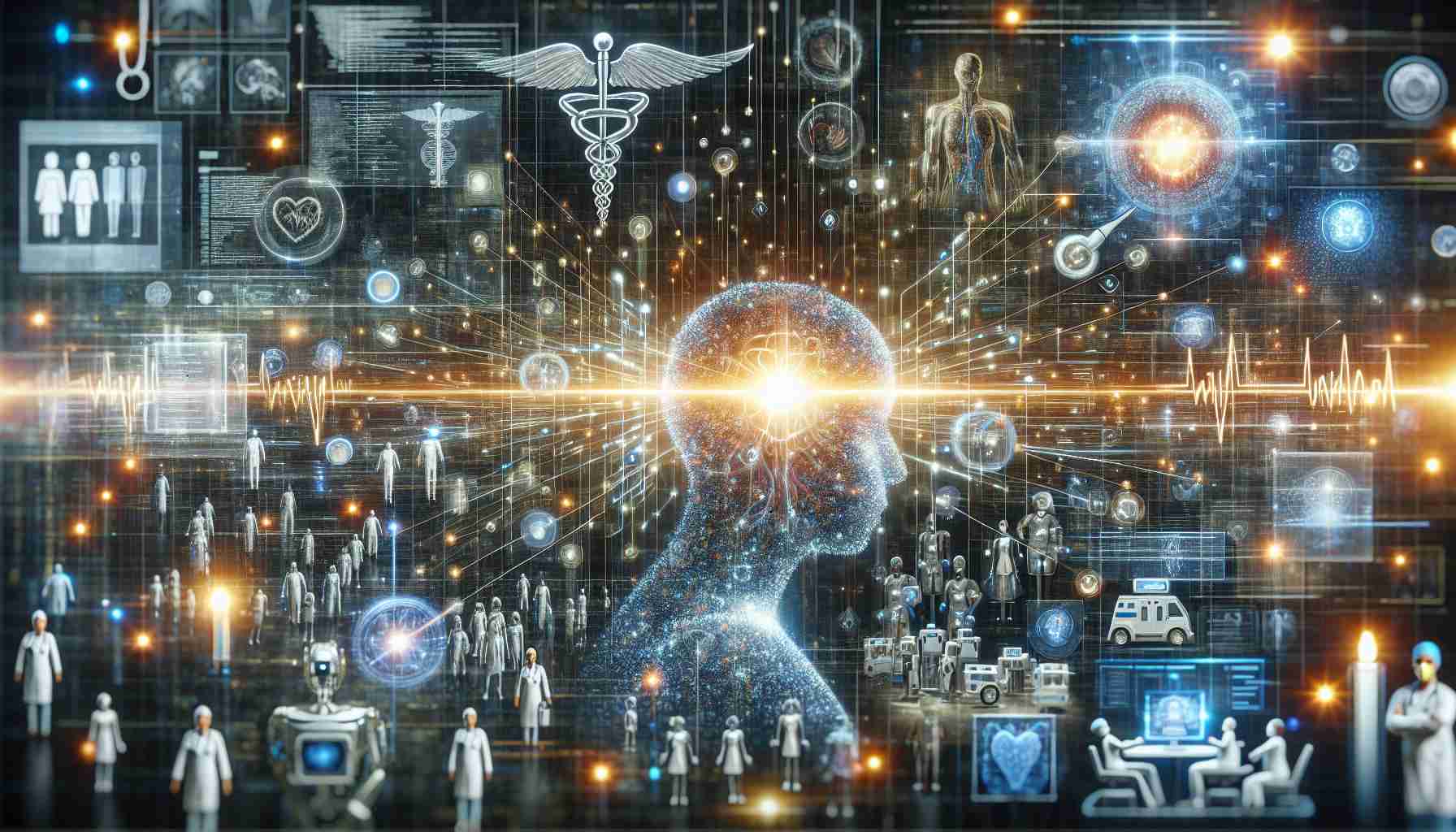A cutting-edge technology center, NURA, has introduced the first AI-integrated high-tech medical facility in Southeast Asia , ushering in a new era of healthcare innovation. The use of artificial intelligence in medical practices has proven to be an invaluable tool for healthcare professionals, assisting in early disease detection and diagnosis.
Recent reports indicate a concerning trend in the rise of cancer cases in Vietnam, with statistics showing a nearly tripled increase in new cases over the past two decades. Common cancer types, such as breast cancer and colorectal cancer, are increasingly affecting younger demographics, emphasizing the importance of early detection and screening.
By leveraging AI technology, healthcare providers can enhance their ability to detect and diagnose health issues promptly, ensuring that no abnormalities go unnoticed. The application of AI in early screening can identify minute lesions, enabling doctors to devise tailored treatment plans and offer optimal care to patients.
NURA, a collaboration between Fujifilm and Japan’s T-Matsuoka Medical Center, symbolizes the fusion of advanced technology and modern medicine. The center is committed to providing proactive healthcare services with robust AI assistance for early detection of various diseases, empowering physicians to initiate timely treatment plans for critical illnesses.
Through state-of-the-art medical equipment and AI-driven technology, NURA facilitates comprehensive diagnosis of 10 types of cancers and 22 common lifestyle diseases with high accuracy within a 120-minute screening process. This innovative approach revolutionizes healthcare practices, emphasizing the crucial role of AI in reshaping the landscape of medical care.
Revolutionizing Healthcare with Advanced AI Technology: Unveiling Key Insights
The integration of artificial intelligence (AI) technology in the healthcare sector holds immense potential for transforming medical practices and enhancing patient outcomes. While the recent partnership between NURA, Fujifilm, and T-Matsuoka Medical Center in Southeast Asia has sparked optimism for advanced healthcare solutions, several crucial questions arise regarding the implications of AI-driven innovations in revolutionizing healthcare.
What are the Most Important Questions Surrounding the Use of AI in Healthcare?
One pressing question revolves around the ethical considerations of AI implementation in medical settings. Issues concerning patient data privacy, algorithm biases, and the potential dehumanization of patient care warrant thoughtful reflection and stringent regulations to ensure responsible AI utilization in healthcare. Additionally, concerns about the potential displacement of healthcare professionals by AI technologies raise questions about the future workforce dynamics in the medical field.
What are the Key Challenges or Controversies Associated with AI Technology in Healthcare?
One of the significant challenges in leveraging AI for healthcare advancement lies in the robust validation and regulation of AI algorithms used for diagnostic purposes. Ensuring the accuracy, reliability, and safety of AI-driven diagnostic tools remains a critical hurdle that requires close collaboration between technologists, healthcare providers, and regulatory authorities. Moreover, the lack of standardized protocols for integrating AI into existing healthcare systems poses challenges in seamless adoption and interoperability across diverse medical settings.
What are the Advantages and Disadvantages of Integrating AI Technology in Healthcare Practices?
The advantages of incorporating AI in healthcare are vast, ranging from enhanced diagnostic accuracy and efficiency to personalized treatment recommendations based on vast datasets and predictive analytics. AI technology can streamline administrative tasks, optimize resource allocation, and improve patient outcomes through timely interventions and proactive disease management. However, the reliance on AI systems also introduces potential risks, such as algorithmic biases, data privacy breaches, and the diminished role of human judgment and empathy in medical decision-making. Striking a balance between the benefits and pitfalls of AI integration is essential for maximizing the value of technological advancements in healthcare.
In the quest to revolutionize healthcare through advanced AI technology, addressing these critical questions, challenges, and controversies will be pivotal in shaping a sustainable and ethically sound healthcare landscape that harnesses the full potential of AI for the benefit of patients and healthcare providers alike.
For further exploration on AI advancements in healthcare, visit Fujifilm for insights into AI-driven medical innovations and T-Matsuoka Medical Center for cutting-edge collaborations in proactive healthcare services.


















